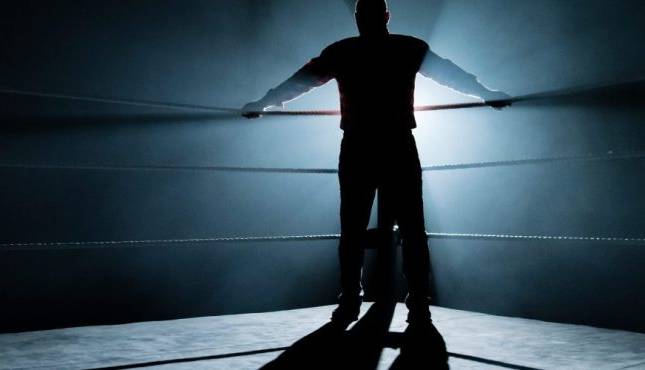wrestling / News
British Parliamentary Group Outlines Proposals for British Wrestling

An All-Party Parliamentary Group has released a report into the state of professional wrestling in Britain – including several recommendations that have come around as a result of the coronavirus pandemic and last summer’s Speaking Out movement.
All-Party Parliamentary Groups are informal groups made up of Members of Parliament (MPs) from across all political parties – with no official status within Parliament. Alex Davies-Jones, the Labour MP for Pontypridd, and Mark Fletcher, the Conservative MP for Bolsover, chaired the group, with four other MPs involved.
The key takeaway from the report was the call to establish a new association for the promotion, support and regulation of promotions in the UK. This also included a recommendation for promotions to introduce a classification for shows: Adult, Family and Custom – with guidelines set for things like merchandising at shows and meet and greets. Another recommendation that the APPG suggested be taken on board immediately was that promotions adopt the following measures:
* All promoters, trainers and referees be trained in mental and physical first-aid, with concussion awareness and protocols in place.
* All to be made aware of trained first-aiders, what to do in the event of an injury and how it’s reacted to, including the authority to stop a match.
* Talent and promoters should be familiarised with existing concussion protocols.
* Rings should only be set up by qualified individuals, and also be checked and renewed after set periods.
* Risk-assessments should be carried out for all shows.
* First-aid kids and medical professionals should also be present at all shows.
Arising from Speaking Out, the report suggested that promotions and training schools provide platforms for survivors of abuse to educate others of their experience. The group also called on promotions and other organisations to commit to a minimum standard – and self-police by also calling out those organisations that aren’t willing to follow those standards.
In other recommendations:
* The panel wants wrestling training schools be considered as ‘sporting’ and shows, promotions and associated activity be considered ‘theatrical’ or ‘artistic’ or ‘performative’, in respect of future guidance, legislation and regulation.
* The panel wants to see a raft of measures put in place most notably, enhanced requirements under the licencing and insurance arrangements wrestling companies have in place, and the adoption of concussion protocols. Signed PAR Q (Physical Activity Readiness Questionnaires) fitness forms, guidance from the Health and Safety Executive and minimum first aid training are also recommended.
* In response to the Speaking Out movement, including hardwiring the voice of abuse survivors into British wrestling, the development of practical guides for first responders and working to establish case management systems to address allegations of abuse.
* As is proposed under current legislation, sports coaches be recognised as a position of trust for the purposes of child sexual offences and that wrestling coaches be considered sports coaches for this purpose. A number of interim steps in relation to safeguarding and data protection are also proposed.
* The group suggested it beneficial to establish two trade bodies, one for touring promotions and another for independent promotions.
* Also suggested was that promotions’ safety measures should be part and parcel of being licensed for shows – either as part of requirements for promotions who promote in a council/local Government-owned venue, or as part of a proposed expansion of the TENs (Temporary Events Notices) licensing laws.
* Proper analysis and investigation was called for into the gender gap in British wrestling, in order to identify areas for improvement, with promotions being called upon to consider the predominantly-male leadership in the industry.
* The creation of infrastructure to support British wrestlers working overseas was suggested, with the Foreign, Commonwealth & Development Office and the Department for International Trade being called to get on board to help promote the UK overseas, but also set up a framework to ensure wrestlers from outside the UK can be accommodated more readily.
* As for the wrestling rings themselves, the group called for a British Standard or a “kitemark” for wrestling rings, noting that wrestling (and boxing) rings are at present not covered by such a standard.
* Among other recommendations were for further investigation to be done on the British wrestling scene, primarily to yield data for future use, and that a special Covid recovery fund be established for the British scene.
The full report, which is over 100 pages long, can be found at https://www.appgwrestling.uk/







